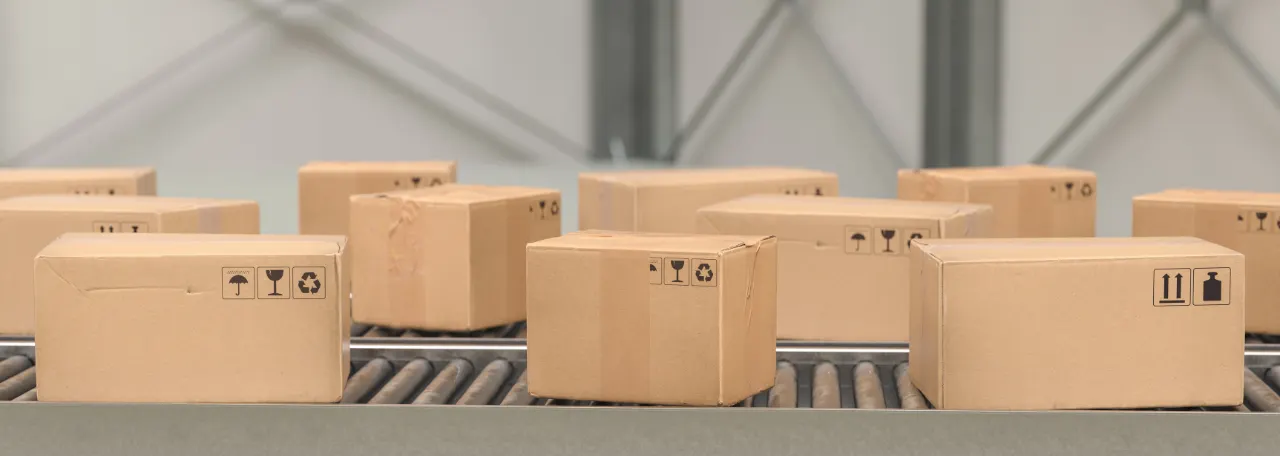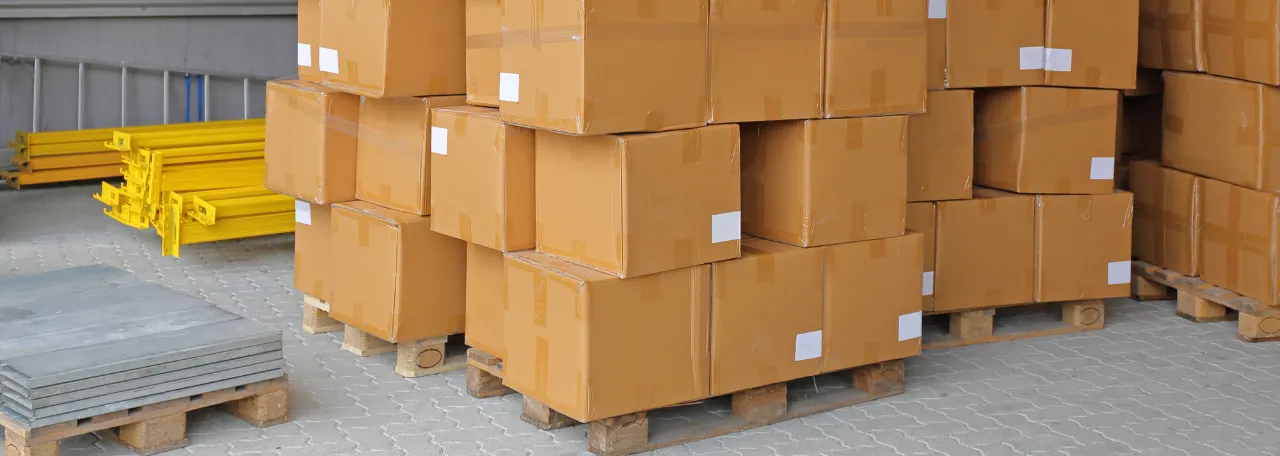Expedited freight is the go-to choice for businesses needing fast and reliable delivery of their goods. This shipping method prioritizes your shipment, ensuring that it is delivered directly to the destination without unnecessary stops or delays. It’s a solution tailored for time-critical deliveries, where every minute counts.
In contrast, Less Than Truckload (LTL) shipping is a more economical option for smaller, less time-sensitive shipments. In LTL, goods from multiple customers are consolidated in a single truck. While this method is cost-effective, it often leads to longer transit times due to multiple stops and handling points. The fundamental difference between these two lies in their approach to logistics: expedited freight focuses on speed and direct delivery, while LTL emphasizes cost-efficiency for smaller loads.
The Importance of Efficient Handling in Shipping

In the world of shipping, efficiency is not just about speed; it’s about precision and care. Efficient handling plays a pivotal role in minimizing delays and preventing damage to goods, particularly crucial in expedited freight. When time is of the essence, every second spent in loading, unloading, and transit must be optimized.
This means utilizing skilled labor, advanced loading equipment, and meticulous planning to ensure that goods are not only moved quickly but also securely. In expedited shipping, the margin for error is slim; thus, efficient handling is synonymous with reliability. By reducing the chances of damages and delays, businesses can maintain their reputation for timely and safe deliveries, which is a significant competitive advantage.
Comparing Expedited Freight and LTL
Choosing between expedited freight and LTL shipping hinges on a delicate balance of factors including time, cost, and shipment size. LTL is an economical choice for smaller shipments that do not require urgent delivery. It’s a shared service where the cost of transportation is distributed among multiple customers, making it a budget-friendly option.
However, LTL’s cost savings are often offset by longer delivery times due to the consolidation of goods and multiple delivery stops. On the other hand, expedited freight is tailored for urgent shipments. It offers a dedicated service, meaning that the transport is reserved for your shipment alone, leading to significantly faster delivery times. This method is ideal for businesses that require quick turnaround times or are dealing with perishable, high-value, or time-sensitive goods. The key is to assess the specific needs of your shipment – if speed and reliability are paramount, expedited freight is often the superior choice.
Benefits of Expedited Freight Over LTL
Expedited freight stands out for several reasons. The most obvious advantage is speed; expedited shipments are fast-tracked, ensuring the quickest possible delivery. This aspect is crucial for industries where time is directly linked to cost or opportunity, such as in the medical, retail, or manufacturing sectors. Depending on the length of haul, size of the shipment, and density of the commodity there are times when Expedited rates can more cost effective that LTL.
Additionally, because expedited freight typically involves less handling of goods, the risk of damage or loss during transit is significantly reduced. Fewer touchpoints mean fewer chances for mishaps, which is particularly important for fragile or high-value items. This reduced handling also contributes to better security, as the goods are less exposed to potential theft or tampering. For businesses that prioritize the integrity and prompt delivery of their shipments, expedited freight offers a peace of mind that LTL cannot match.
Implementing Effective Handling Strategies for Expedited Freight

Maximizing the efficiency of expedited freight requires strategic handling from start to finish. This involves several key steps, such as optimizing loading and unloading processes. Using specialized equipment and trained personnel can dramatically reduce the time spent in these stages. Implementing advanced tracking systems is another critical strategy. These systems provide real-time updates on the shipment’s location and status, enabling proactive management of the logistics process.
This level of visibility is essential for responding quickly to any unexpected delays or issues. Furthermore, careful route planning and coordination with logistics partners ensure that the fastest and most reliable routes are chosen for each shipment. By adopting these effective handling strategies, businesses can leverage the full potential of expedited freight, ensuring their goods are delivered swiftly and safely.
While both expedited freight and LTL have their place in the logistics industry, expedited freight, with its emphasis on speed and efficient handling, can often be the better choice for time-sensitive shipments. Businesses should assess their specific needs and consider implementing optimized handling strategies to make the most of expedited freight services.
Looking for Expedited Freight Services?
Give Straight Shot Express a call today at (920) 722-0956.

